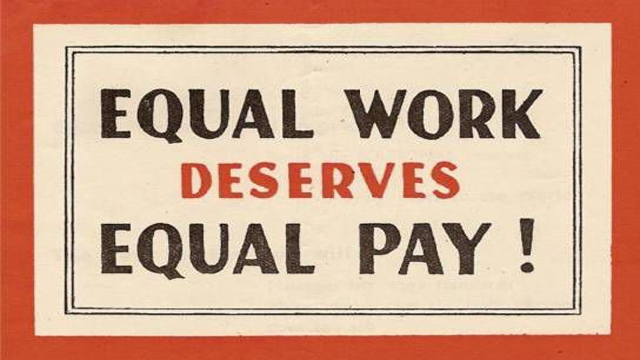Mississippi is currently one of two states that does not have equal pay laws in their state books. Rather than passing a bill dedicated to equal pay, the House added the equal pay provision into House Bill 1241.
House Bill 1241 addresses employment regulations and laws that local governments can enforce. Specifically, the bill aims to prevent local governments from setting minimum wage above what is set by the state.
Many argue that the original bill had wide support across party lines as well as with the public. Because Representative Alyce Clarke’s, D-Jackson, amendment passed with a bipartisan vote of 84-32, a bill would pass in much the same manner.
Others argued that the bill was not needed since equal pay for men and women is already a federal law, referring to the Equal Pay Act of 1963 that Congress passed 35 years ago.
“This amendment simply restates the law in all respects,” Judiciary A Chairman Mark Baker told Mississippi Today. “It provides no additional relief, but if you’re inclined to do it that’s fine.”
In spite of the Equal Pay Act of 1963, data supports the presence of a wage gap in Mississippi, specifically among women of color.
According to a study published in January 2017 by the Mississippi Institutions of Higher Learning, women who hold full-time positions earn approximately 18 percent less than their male counterparts. This is compared to the national wage gap, which the same study stated is only around 8 percent.
Currently, women working in Mississippi earn only 76 cents for every dollar their male counterparts earn. According to the National Partnership for Women and Families, this equates to an annual $9,982 more that men earn than women who work full-time year round. The gap only increases for women of color. Black women earn only 56 cents on the dollar.
The same study by the National Partnership for Women and Families stated the average working woman in Mississippi would be able to afford 78 more weeks of food for her family, nine additional months of mortgage and utilities payments, 14 months of rent or 27 more months of child care if the pay gap was closed.
For many, addressing equal pay at the state level is also a step in changing the culture women face in the workforce.
The new amendment also aims to give women more options in seeking justice when it comes to unfair pay.
According to Mississippi Today, Clarke said, “It only says that [women] get the same pay as the [men].“It also says that if that doesn’t happen, [women] are eligible to file for compensation.”
The bill now awaits approval from the Senate.


































